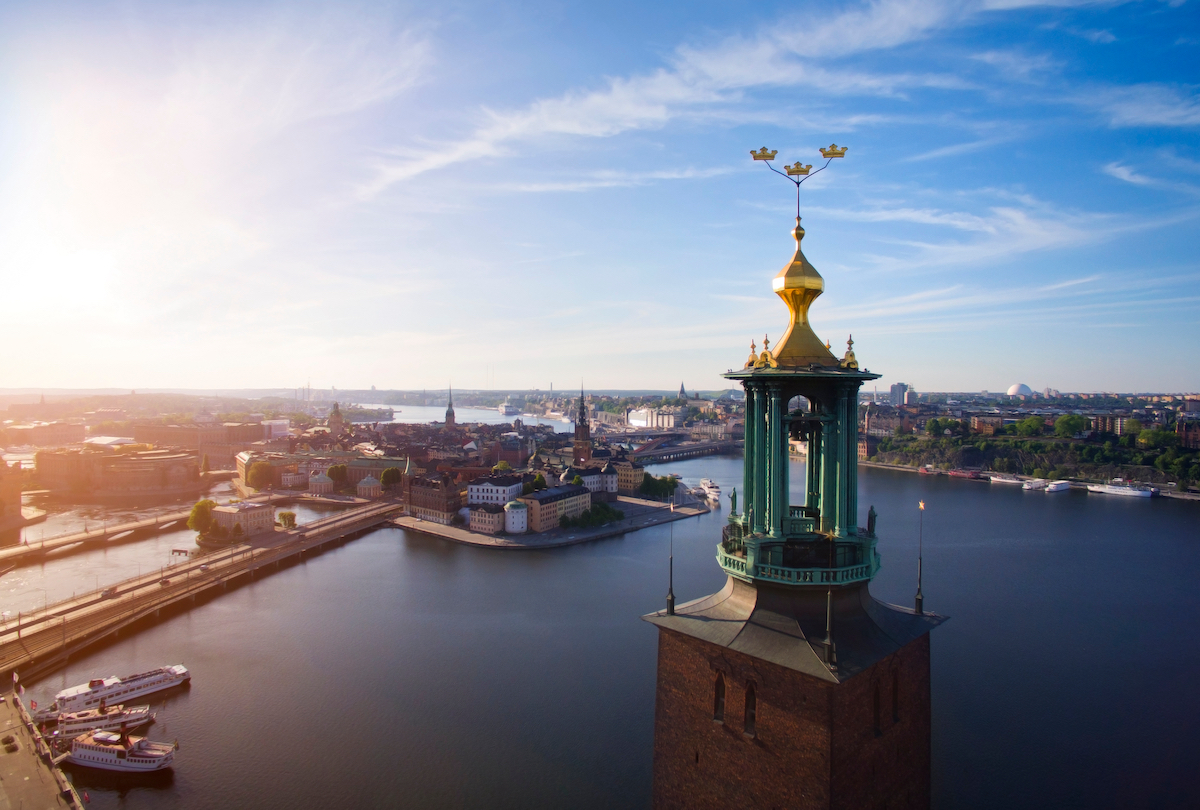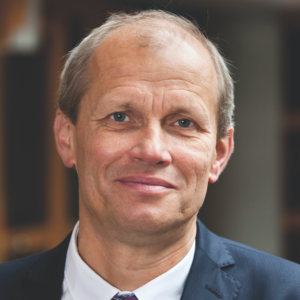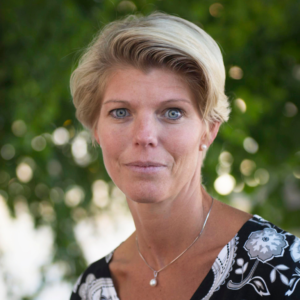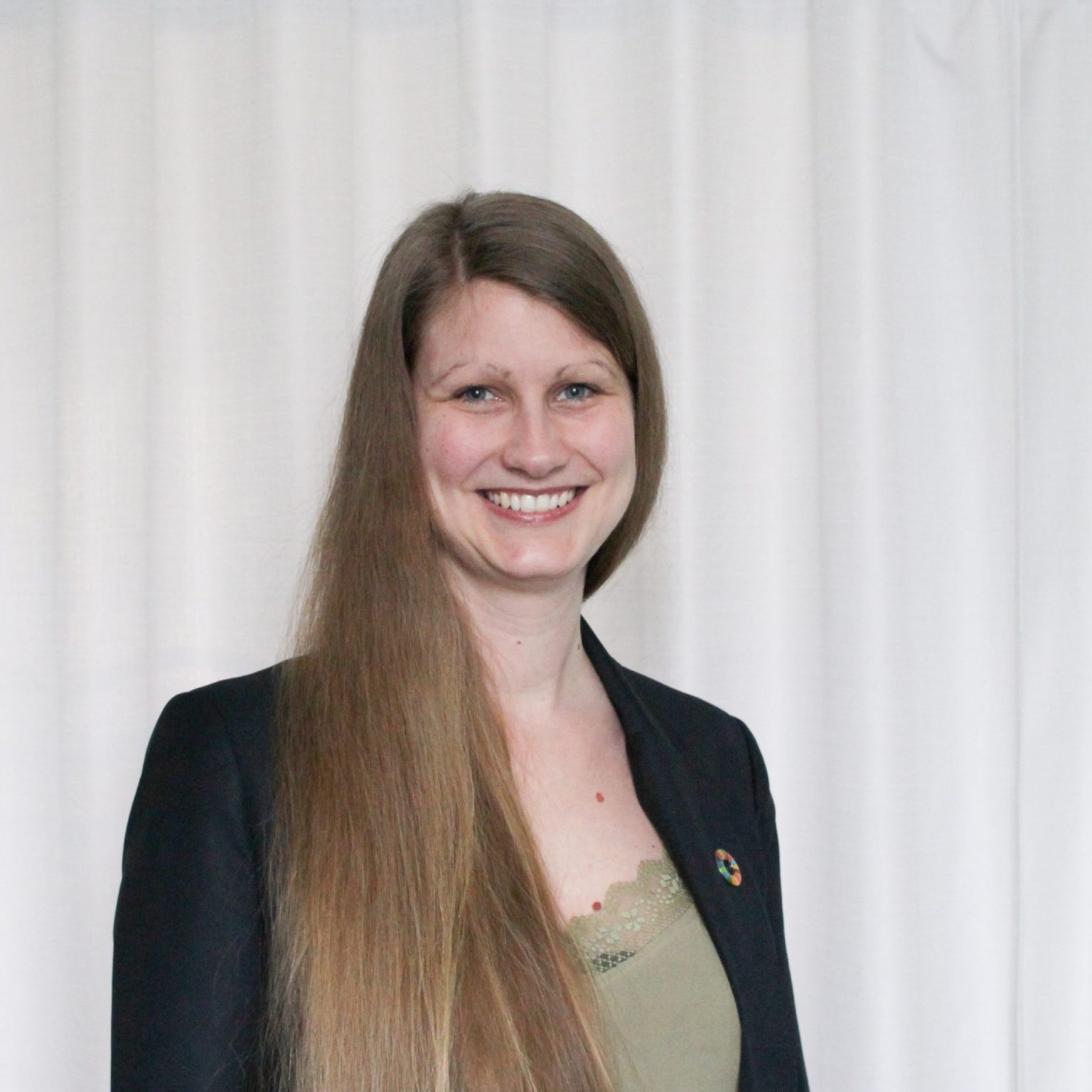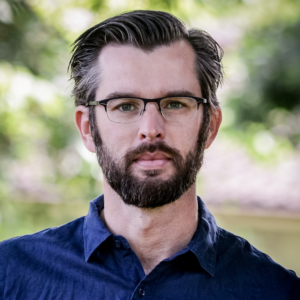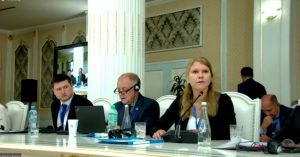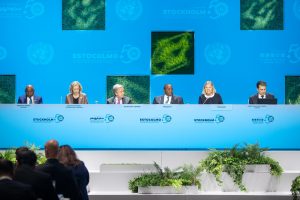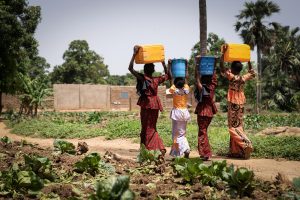SIWI at Stockholm+50
SIWI is playing an active role at the United Nations Stockholm +50 conference. The message is clear: water can be a powerful tool to address the world’s increasingly intertwined human and environmental challenges.
The Stockholm +50 meeting is held on 2-3 June in the Swedish capital to commemorate the first-ever United Nations environmental conference, organized in Stockholm back in 1972. At that time, many countries were drafting their first laws to protect the environment as people were starting to understand the impact humans are having on the natural world.
Today, scientists and politicians have a much clearer view of the unprecedented pressure human activity is putting on ecosystems. The role of the Stockholm +50 is to galvanize action based on that knowledge. Leaders from all over the world will discuss the triple planetary crises of climate change; nature and biodiversity loss; and pollution and waste.
Stockholm+50 must see water as a powerful tool.
“To tackle our planet’s greatest challenges, we need to transform both our societies and our relationship with nature. By changing how we value and manage water, we can find new solutions to eradicate poverty, handle the climate crisis, and stop biodiversity loss. At a time of growing inequality and security risks, water can help us reverse these threatening trends and provide tools to achieve all the Sustainable Development Goals by 2030,” says Torgny Holmgren, Executive Director, SIWI.
Stockholm Hub on Environment, Peace and Security
Torgny Holmgren spoke at the relaunch of the Stockholm Hub on Environment, Peace and Security, addressing the need to continue elevating the importance of climate and environmental issues, including water, in the new security landscape. Stockholm+50 must recognise the power of water as a tool for change.
SIWI’s Swedish Water House held three Stockholm+50 associated events. The webinar series focused on water’s role in achieving a healthy planet for the prosperity of all. Each webinar focused on a specific aspect of water and its role in achieving security, resilient landscapes, and global health.
Watch | The role of water in achieving security
Watch | The role of water in ensuring mosaic landscapes
Watch | The role of water, sanitation and hygiene in safeguarding global health
Against the backdrop of the war in Ukraine and growing international tension, there is much focus on what can be done to strengthen global cooperation at a time when this is more needed than ever.
“Rebuilding trust is one of the greatest challenges of our time and one that must be taken much more seriously. When the world is facing crisis upon crisis, we need to invest in measures that create long-term resilience to build for the future and break this vicious cycle. Water offers some of the best tools to achieve that,” says Torgny Holmgren.
- Treat the climate crisis as a water crisis. Water is the make-or-break factor in the fight against climate change since its main consequence is that the water cycle is altered, leading to more frequent and severe droughts and floods. But there is a broad range of water-related climate solutions that reduce carbon emissions while also increasing the resilience of people and societies. One example is how investments in water management for smallholder farmers can make them much more food secure. SIWI helps countries incorporate this type of water solutions into their Nationally Determined Contributions to the Paris Agreement.
- Restore the water cycle, from source to sea. Climate risks and the degradation of nature are two of the most significant drivers of poverty. Both are the culmination of many individual actions that have been taken without consideration of their broader impacts. As an alternative to this type of ineffective and fragmented governance, SIWI offers advice on the Source-to-Sea approach, which recognizes the connections between land, freshwater, coastal areas, and marine ecosystems. It also emphasizes inclusion, making it easier for poor communities – upstream and downstream – to raise their voices and influence decisions. Decision-making must increasingly include communities often led behind, including local communities and indigenous groups, women, and youth.
- Use water to tackle poverty. The Intergovernmental Panel on Climate Change (IPCC) describes the provision of basic water and sanitation services as essential to reducing the vulnerability of communities to climate change. Investments in universal access to clean water and safe sanitation can immediately lead to improved health and incomes for low-income households. It is also an investment in the future since more children, primarily girls, will go to school. By improving how water is managed, we can close the gaps between countries and social groups.
- Strengthen security through cooperation over shared waters. Climate change is a risk multiplier, especially since already unstable regions tend to be disproportionately impacted by water scarcity, water-related disasters, and food insecurity. But water can also be a catalyst for peace and cooperation. Countries that share a river, lake, or groundwater aquifer have everything to gain from managing it jointly. By working together, they can increase their long-term resilience in an era of growing water stress and rising global temperatures.
Torgny leads a delegation of five to the Stockholm +50 meeting. The main message of the SIWI representatives is that water can be a powerful tool for positive change and that this is urgently needed. The United Nations Secretary-General has warned that the environmental and security crises are closely interlinked and that the war in Ukraine does not only lead to unspeakable suffering in that country but can also push one-fifth of humanity into poverty. The climate crisis is further undermining global food systems, causing hunger and despair.
To reverse the trends of growing crises and inequality, we need to invest in the long-term resilience of both humans and ecosystems.
Connect with SIWI as the world comes to Stockholm. The following SIWI staff will be at Stockholm+50, advocating for water to be on every agenda. The incoming Director of Swedish Water House and International Policy, Thomas Rebermark, will also be in attendance.
For press-related questions, contact Andreas Karlsson at andreas.karlsson@siwi.org or +46-720-506004
“At a time of growing inequality and security risks, water can help us reverse these dangerous threatening trends and provide tools to achieve all the Sustainable Development Goals by 2030”
Stockholm+50
The 1972 United Nations Conference on the Human Environment was the first world conference where the environment was a major issue. The event led to the adoption of the Stockholm Declaration and the Action Plan for the Human Environment. The United Nations Environment Programme, UNEP, was also born out of the Stockholm Conference.
The Stockholm +50 Conference takes place on 2-3 June with the theme A Healthy Planet for the Prosperity of All – Our Responsibility, Our Future. The aim is to accelerate action on the triple planetary crises of climate change, nature and biodiversity loss, and pollution and waste. In addition to four plenary sessions, three leadership dialogues will be held to generate concrete recommendations.
